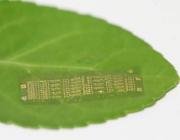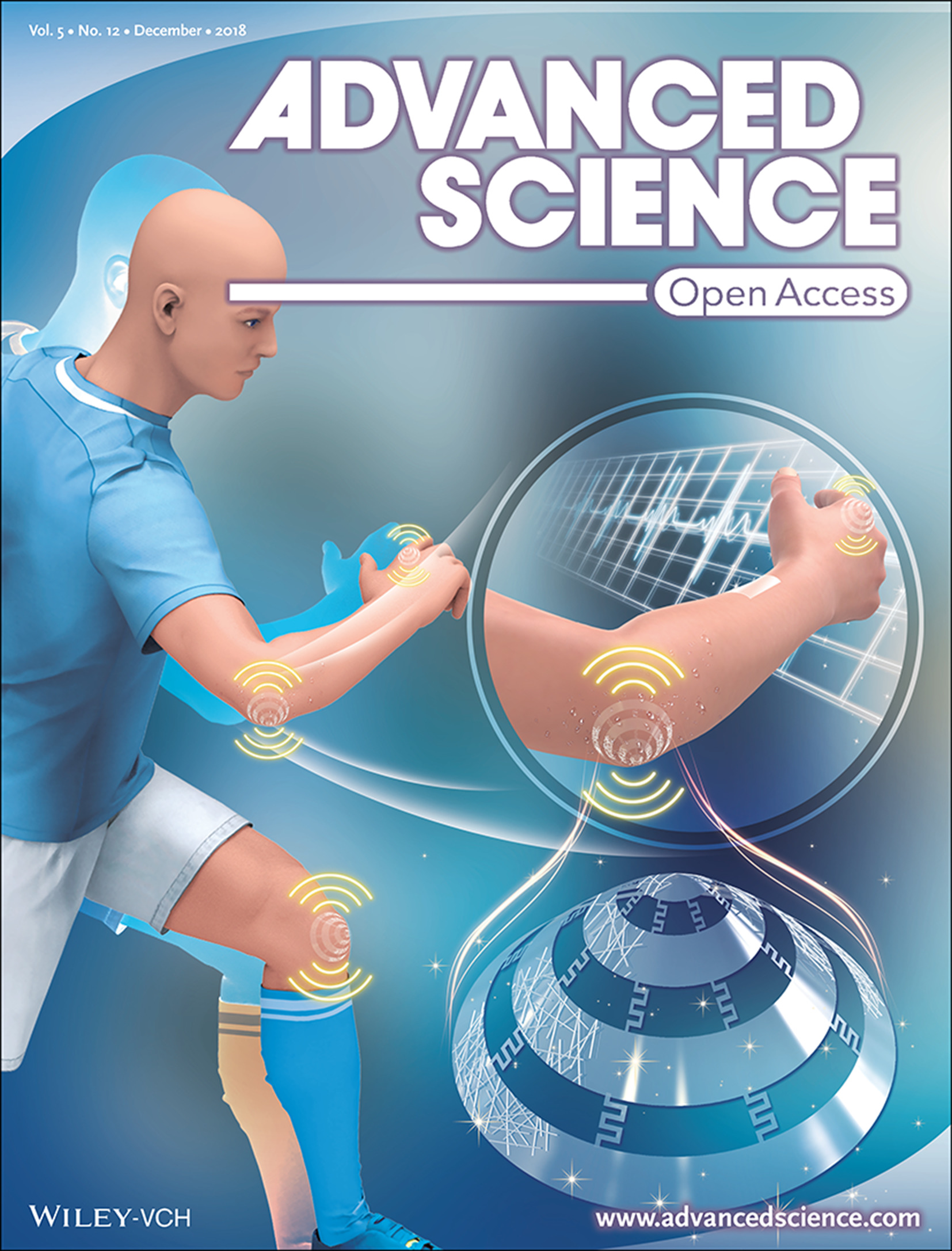Research overview
Our research interests are to develop flexible integrated system that can interface with biological systems, providing, for example, advanced forms of monitoring, diagnosis and therapy in health care/clinical applications. This system is based on the monolithic integration of different functional modules, having the capabilities of signal detection, data processing, control, communication, and feedback, all while complying with the requirements of biosafety and environmental sustainability. Toward this target, We have carried out related studies on three main thrusts summarized as follows:
1) High-Performance Flexible Integrated Circuits Based on Carbon Nanotubes:
As the core unit for information processing, high-performance flexible integrated circuits (ICs) are long cherished in flexible electronics. Currently, there is a large compromise between the performance and flexibility of flexible ICs, either due to the constraints imposed by specialized fabrication environments on flexible substrates, or stemming from the novel mechanical/electrical design requirements. We developed flexible ICs based on carbon nanotubes, and have demonstrated their great advantages in speed, power, integration capability, functionality, etc.
2) Ultrasensitive Flexible Sensors
To record physiological signals from the biological surface for daily activities, sports performance and health status monitoring, flexible sensors with high sensitivity are essential. To achieve both high sensitivity and flexibility, systematic design and optimization are carried out across multiple aspects, including the working mechanism, device structure, material selection, and construction method.
3) Flexible Integrated Bioelectronic Systems:
Since physiological signals are often weak and susceptible to interference, in-situ signal processing is essential for obtaining high-fidelity information. However, constrained by the performance, integration scale, and functionality of existing flexible electronic devices, current flexible systems primarily rely on hybrid integration with rigid silicon chips, leading to mechanical and compatibility issues. Developing fully flexible, monolithically integrated systems is therefore a crucial step for practical applications.




